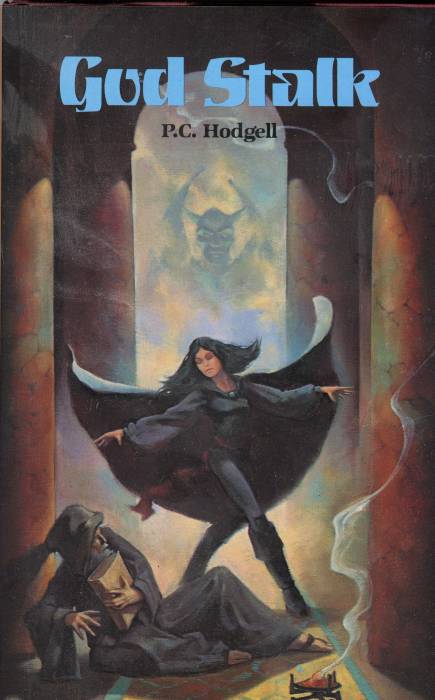 Jonathan Strange & Mr. Norrell by Susanna Clarke
Jonathan Strange & Mr. Norrell by Susanna Clarke
4 out of 5 stars
Read in January 2009
Warning: Spoilers
This novel was rich on many levels. It was fantasy, for it had magic and fairies, but it was also historical fiction, possibly even an alternate history of Britain during and shortly after the Napoleonic Wars. It’s pacing matched that of the times, sedate and thoughtful, rich in detail and characters.
Gilbert Norrell is a miserly magician of Yorkshire who hoards any and all books of magic he can get his hands on. His first act of magic in the novel actually results in the dissolution of a society of theoretical magicians in York for the sole purpose of making himself the only magician in Britain.
Jonathan Strange is an idle gentleman who stumbles upon his talent for magic and like a moth to the flame, flies to Mr. Norrell, the only source of magical information, and becomes his pupil. Their association lasts for several months until Strange surpasses Norrell in inventiveness and intuition and Norrell sends him to assist the army in Spain.
In Spain, Strange eventually becomes indispensable to Lord Wellington, initially by providing magic roads for the British Army to use which disappear back to a morass of mud just in time for the French Army to get bogged down in. Finally, Strange’s magic turns the tide of the Battle of Waterloo and thus ends the reign of Emperor Bounaparte.
Three background characters are pivotal to the story. The first is Emma Wintertowne, who eventually becomes Lady Pole after marrying Sir Walter Pole. But only after she is resurrected by Mr. Norrell with his second and most famous act of magic. But Norrell bargains away half of Emma’s life to the fairy he summoned to resurrect her, a fairy gentleman we know only as “the gentleman with the thistle-down hair.” This resurrection results in the enchantment and imprisonment of Lady Pole in the fairy hall of Lost-hope, doomed to dance and endless balls or participate in pointless processions.
The second supporting character also enchanted by the fairy gentleman is Sir Walter’s butler, a black man named Stephen Black. The fairy took a queer liking and attachment to Stephen and forced him to attend the same balls and processions that Lady Pole suffered. Both Lady Pole and Stephen were returned to the real world each morning, but they both suffered exhaustion and distraction from living a double life, which both were prevented from relating to others of their predicament.
The third enchanted and most tragic figure was Strange’s wife, Arabella. Because Arabella struck up a friendship with the ailing Lady Pole, she came into the sphere of the gentleman with the thistle-down hair. He immediately sought to enchant her permanently to the halls of Lost-hope. With Stephen’s reluctant assistance, he was able to pull Arabella into fairy, seemingly causing her to perish to her family and friends.
Strange was nearly mad with grief but was eventually persuaded to take a long holiday on the continent, where he met another English family, the Greysteels. It seemed he was on the path of a second marriage to Flora Greysteel, when he discovered a pathway to fairy, stumbling upon the hall of Lost-hope and learning of the fates of Lady Pole, Stephen and his wife, Arabella. The rest of the novel is Strange’s struggle to free the women. As we learn later, Stephen breaks his own and Arabella’s enchantments when the opportunity presents itself.
Two of the most interesting supporting characters were Mr. Childermass, Mr. Norrell’s strangely independent servant, and Vinculus, a seedy street sorcerer of London, run out of town by Mr. Norrell thanks to the efficient efforts of Mr. Childermass. Both of these characters provide some of the most colorful scenes and plots to the novel.
And in the background, every present in the sky, on the wind or sleeping in the stones, is the Raven King, a mythic being from Britain’s past, a king who reigned in Northern England, in fairy and in Hell. He is vital and instrumental in the return of English magic.
The ending was sad and somewhat tragic, but not unexpected.
If you enjoy historical fiction, especially of the early 19th century, you will enjoy this novel and savor it for many hours, especially curled up by the fire with a warm cup of tea.
 The Mystery of Grace by Charles de Lint
The Mystery of Grace by Charles de Lint


 The Best of
The Best of 




